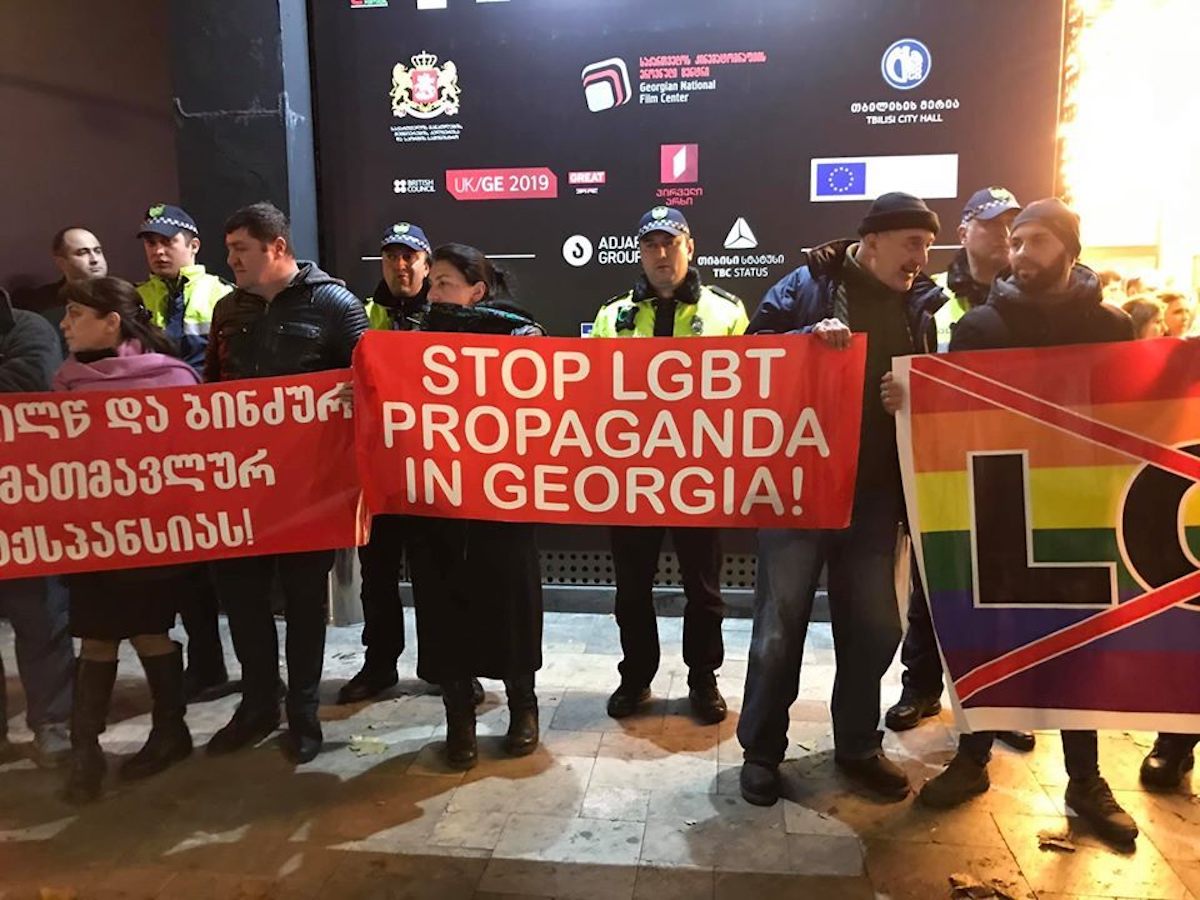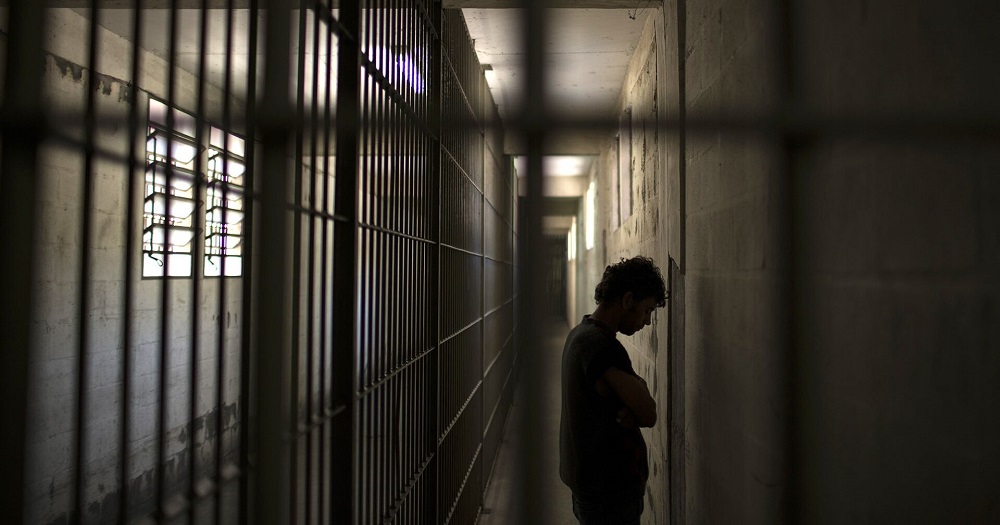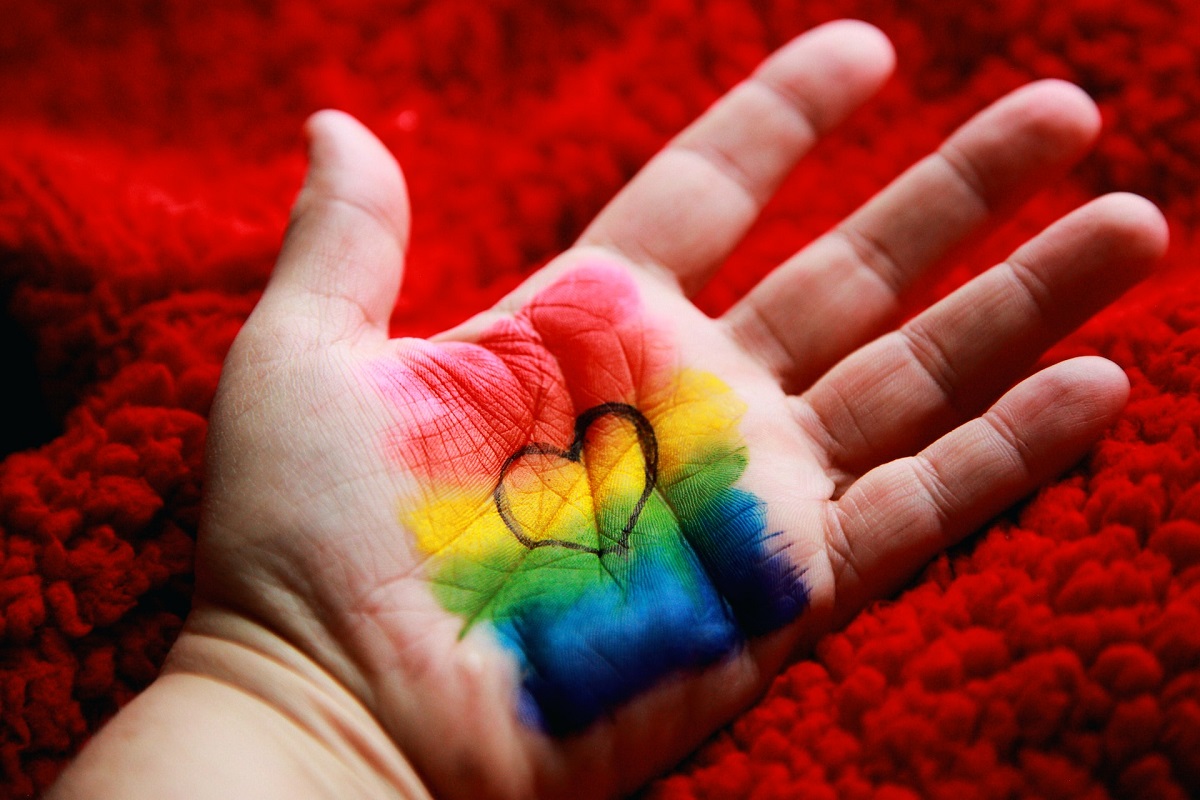Sex scandal sparks push to ban 'LGBT propaganda' in South Ossetia
South Ossetia to ban ‘LGBT propaganda’
A scandal in South Ossetia has prompted authorities to draft a law banning “LGBT propaganda.
LGBT community exists, but is not yet outlawed.
The Ministry of Internal Affairs of South Ossetia has called on Parliament to draft and adopt a law banning “LGBT propaganda and the display of non-traditional sexual orientations,” modeled after the Russian legislation. The Ministry’s press service emphasized that this directive came from South Ossetian President Alan Gagloev.
“The need for this law arises from the fact that some citizens are using the social network Hornet, which is banned in Russia and provides access to a dating app associated with the LGBT community and the dissemination of pedophilia. The Ministry is conducting an investigation but is withholding details for confidentiality reasons,” the statement said.
Officials argue that “in the absence of legislative provisions establishing penalties for LGBT propaganda, the actions of law enforcement agencies must align with the law.”
“The Ministry of Internal Affairs of South Ossetia is also conducting investigative activities against individuals who anonymously post photos of residents in Telegram channels, defaming their honor and dignity and associating them with the LGBT community,” the ministry added.
Secret life of Tskhinval
The Ministry of Internal Affairs’ response followed a high-profile scandal that erupted in a popular restaurant in Tskhinval. Law enforcement claimed to have uncovered a “gay orgy” in the basement of the establishment.
The participants were mostly young men, though there are reports suggesting that members of this community include individuals holding positions in government and law enforcement.
Those detained were questioned by the Ministry of Internal Affairs, but only about ten admitted to being homosexual. The rest claimed they ended up there by accident.
Regardless, all were released shortly after, as there is currently no law under which they could be prosecuted. This prompted the authorities to rush to draft such a law.
The story sparked a strongly negative public reaction, with many demanding that President Gagloev expel the “disgraceful individuals” from South Ossetia.
Rumors suggest that a collage of photos featuring “members of the gay community” is circulating online, allegedly including a member of Parliament and a well-known businessman. However, according to law enforcement, these two have fallen victim to defamation:
“As for the businessman and the MP, this was a deliberate smear campaign to tarnish their reputations.
The businessman has long been targeted by those seeking to seize his assets, and they are doing everything to discredit him. The MP is a seasoned politician and a critic of the current government, outspokenly opposing the president and the administration over the ongoing socio-political crisis.
Their photos were deliberately included to tie them to this scandal.”
“Attempts to corrupt youth”
Interviewees from JAMnews lament that, 10-15 years ago, rumours about homosexual relationships in Tskhinval were limited to just two well-known men. However, in recent years, the number of “such individuals” has reportedly increased:
“Members of this community can be found in the presidential administration, law enforcement, the arts, and television. But, of course, without evidence, ordinary people can accuse anyone.”
According to Tskhinval residents interviewed by JAMnews, those involved in the scandal, while they “do not pose a direct threat to life,” are considered dangerous because they “attempt to corrupt the youth.”
The terms, place names, opinions, and ideas expressed in the publication do not necessarily reflect the views and ideas of JAMnews or its individual staff members. JAMnews reserves the right to remove any comments on publications that are deemed offensive, threatening, incite violence, or ethically unacceptable for other reasons.






















